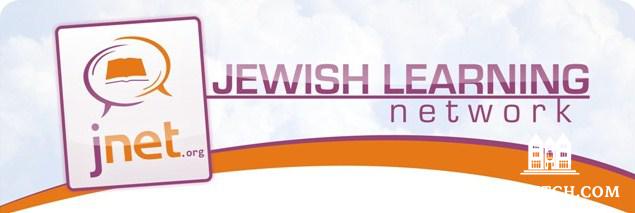“Honey, don’t let anyone ever make you feel bad that you’re a Jew,” Linda Comess’ father told her when she was five years old. It was 1953, and the ashes of Europe still lingered even in her distant home of Tulsa, Oklahoma. Her dad’s message remained through her “rebellious youth,” and now that she’s gotten older, Linda says she’s felt a “calling inside: I need to go back and see what Judaism is all about.”
Linda is continuing her search with study partner Doba Webb, as part of JNET, the Rohr Jewish Learning Network. A member of Chabad of Plano, Texas since 2001, she was eager to learn more. She was particularly interested in discussing Daily Wisdom, an anthology of short lessons culled from the Lubavitcher Rebbe’s teachings. She had begun reading the book, which won the prestigious 2015 Benjamin Franklin award and suddenly found herself confronting a whole slew of questions. When Linda asked Rabbi Menachem Block to recommend a study partner, he connected her with JNET.
The organization, which matches people as study partners, celebrated its 10th anniversary at a gala dinner honoring its volunteers. Those volunteers, who commit to weekly half-hour sessions for at least three months, are the mainstay of this organization. Each month, 90 people sign up to learn together, and to date, JNet counts 260,000 study sessions since it began. While the average “chavrusa” partnership lasts a year, many phone-mates are beginning their second decade of distance learning together. Each week, in eight languages across 80 countries, thousands of people pick up the phone to connect with their study partners. Talk about burning up the telephone wires.
JNET finds most of its members, 8,000 and counting, through word of mouth. Chabad rabbis, like Block in Texas, send interested students, and many others join after attending a Chabad on Campus Shabbaton or after a stint at the Mayanot Institute in Jerusalem. Lawyers, handymen, inmates, professors, homemakers, soldiers: the descriptions of the people involved are as varied as the subjects they tackle. “Pretty much anyone can use a little more learning,” says director Rabbi Yehuda Dukes.
Relationships often go far beyond the 30-minute calls. Partners attend each other’s weddings and celebrations and help with professional referrals. Some buy their students their first pairs of tefillin, while others travel across the country to officiate at their weddings. “You’re not just learning with people,” Dukes tells his volunteers, “but connecting them with the Rebbe and bringing blessings into both your lives.”
Brazilian Alexander Birbrair completed his PhD in North Carolina, then moved to The Bronx to work at Albert Einstein Hospital. Along the way, the stem cell researcher married and had a child. Through it all, his study session with Yoel Chazan was constant. Over the past four years, the two have learned an hour every Sunday night. The topics they have explored, ranging from Jewish law and Talmud to Chasidic thought, mirror Alexander’’s current interests and phases. And when he moves to Belo Horizonte this year to accept a position as professor at a local university, Yoel will come with him. On speed-dial.
“My career is like food; it’s like rice and beans,” Alexander states. “But my Jewish learning? That’s the dessert, the enjoyable bit.”
For his part, Yoel says his sessions with Alexander provide him with a solid review and a much deeper understanding of the material. “In order for me to discuss it, I need to understand it very thoroughly. Alexander is very serious about his learning, and it pushes me to never miss a session. After spending a Shabbat together at my house, getting on the phone with Alexander is getting on the phone with a friend. We have a very close connection.”
Rabbi Moshe Kotlarsky, Vice Chairman of Merkos, the educational division of Chabad-Lubavitch, says that the idea of JNet was inspired by the Rebbe’s legacy to ensure that all Jews have access and opportunity to study. “JNet transcends all distances, with partners who speak at least eight foreign languages; we are transcending language barriers as well.”
Linda and Doba deepen their bond with every one of their Wednesday morning sessions. Doba, who teaches seventh-graders, says that learning with Linda is unique. “She relates to our lessons on a personal level because of her life experiences. It is very inspiring.”
The regard is mutual. Linda relishes her sessions with Doba. “I love learning with her and learning about her life as a Chabad Jew. I am so in awe of those who follow that life. I don’t know if I could ever reach those levels, or if I want to, but I have great respect for those who do and it inspires me to do more in my own life.
“I’m a secular Jew. What’s wonderful is that I can now relate to what Daily Wisdom is saying, and it speaks to me in words that I can understand. We are actually learning, not making things up or guessing. I want to be a better Jew and little by slow, I’m getting there.”

Be the first to write a comment.